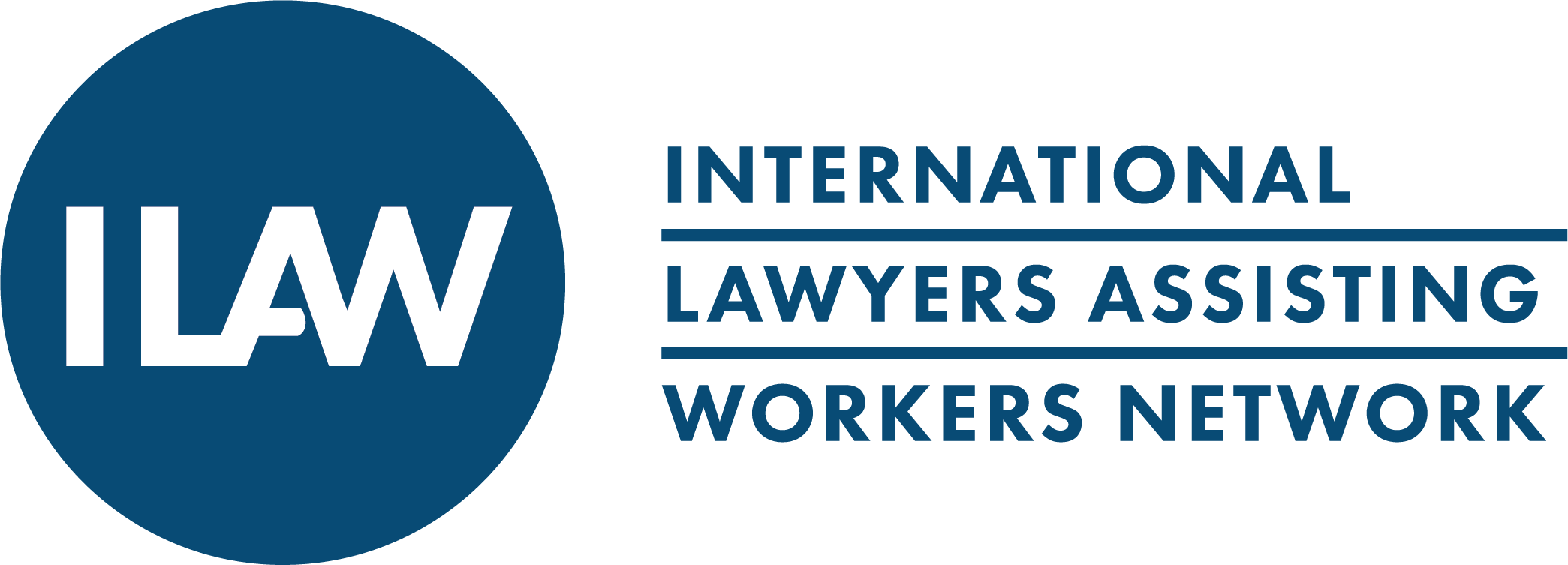“This report provides an overview of the ways in which EU and EEA Member States have regulated their social security frameworks in relation to short-term third-country national (TCN) migrant workers. …
First complaint case filed under German Supply Chain Act
FEMNET, ECCHR and NGWF file the first complaint on the basis of the Supply Chain Act which came into force in January 2023 with the Federal Office of Economics and …
New year, new rules for German businesses as Supply Chain Act comes into force
In the new year, German companies will be forced to monitor their supply chains more strictly. On January 1, the new Supply Chain Act comes into force, a piece of legislation that …
Civil Liability for Human Rights Violations: A Handbook for Practitioners
“In 2019 – 2022, the Bonavero Institute of Human Rights led the project on civil liability for human rights violations funded by the Oak Foundation (Project). The Project involved a comparative …
German Federal Labor Court announces mandatory recording of working hours in Germany
“The Federal Labor Court (BAG) in Erfurt has decided: In Germany there is an obligation to record working hours. The President of Germany’s highest labor court, Inken Gallner, justified the employer’s obligation to …
ETUI: The right to strike – country factsheets (35 Countries)
The right to strike varies considerably across Europe, often with specific rules and restrictions imposed on public service workers. The European Trade Union Institute has produced 35 country factsheets that …
Germany: female quotas now mandatory in corporate management bodies
On 12 August, and following a year in which large listed companies (> 2,000 employees) subject to co-determination laws (c.f. article No.12603) were given time to freely adjust to the new …
Association of Civil Servants and Union for Collective Bargaining and Others v. Germany, ECtHR
This case concerned the Uniformity of Collective Agreements Act (Tarifeinheitsgesetz), which regulates conflicts that arise if there are several collective agreements in one “business unit” (Betrieb) of a company2. The …
Xinjiang cotton found in Adidas, Puma and Hugo Boss tops, researchers say
Researchers say they have found traces of Xinjiang cotton in shirts and T-shirts made by Adidas, Puma and Hugo Boss, appearing to contradict the German clothing companies’ promises to revise their supply …

